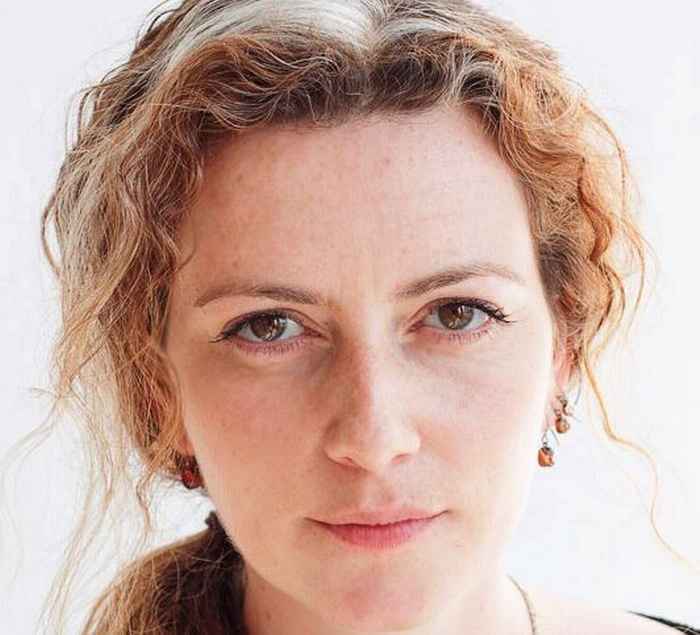Three humanities scholars receive ERC Consolidator Grants
23 November 2023
The grants allow the academics to establish themselves as independent research leaders. This year, the ERC has awarded Consolidator Grants to 308 researchers. The Consolidators are part of the European Union's Horizon Europe programme.
The granted projects:

Dr Leonie Schmidt (Amsterdam School for Cultural Analysis): Eco-Islam in Indonesia: Media, Institutions, Publics
Innovative solutions to the climate issue are often sought within the natural sciences - technical fixes such as geo-engineering, for example. But climate change is also a problem that the humanities must address, says Schmidt. In her project she will therefore conduct research into cultural approaches to climate change. She will focus specifically on the Global South, much of which is on the front lines of climate change. While the Global South has seen a wide array of creative experiments and cultural approaches to climate issues, this has not so far been reflected in research. In Indonesia, for example, an eco-movement has emerged within Islam in which artists from the world of pop music, films, TV and on social media read the Koran as a ‘green’ book which calls on Muslims to be stewards of the earth. This and other cultural approaches from the Global South will be at the centre of Schmidt’s research.

Dr Sanjukta Sunderason (Amsterdam School for Cultural Analysis): ENTANGLED FREEDOMS: Decolonial Modernisms as Transnational Relations of Resistance, 1940s-1980s
How have artists and thinkers in the decolonising 20th-century worlds of Asia, Africa, and the Middle East imagined freedom, especially in relation to its contesting meanings during the Cold War? In her research, Sunderason removes the concept of freedom from the hegemonic contradictions of 'First World' versus 'Second World' values, and instead examines freedom through (artistic) interventions and representations of independence, liberation, and emancipation in the 'Third World'. Sunderason proposes turning 'decolonial modernisms' – modernist art that emerged uniquely within 20th-century decolonisation – into critical historical archives. With her project team, Sunderason will connect diverse histories and multilingual archives to develop new methodologies for theorising decolonisation through dialogue and solidarity as well as through the differences and contradictions that shape the Global South.

Dr Suzanne Dikker (Amsterdam Center for Language and Communication): It Takes a Village: An Interdisciplinary Community Neuroscience Approach to Characterize Multigenerational Interactions
Our brains change throughout our lifespans. How do such changes impact communication between different age groups? Curiously, despite the fact that cross-generational issues are often at the centre of public debate, such questions remain largely unaddressed. In her project, Dikker will bring together neuroscientists, linguists, artists, schools, and community organisers to explore how the rhythms of our brains and bodies may hamper or help mutual comprehension between children, adults, and older adults. Through this ‘community neuroscience’ approach, flowing from the real world to the lab and back, Dikker will navigate previously uncharted territory in real-world neuroscience research to generate insights and tools that may help improve communication within and across generations.